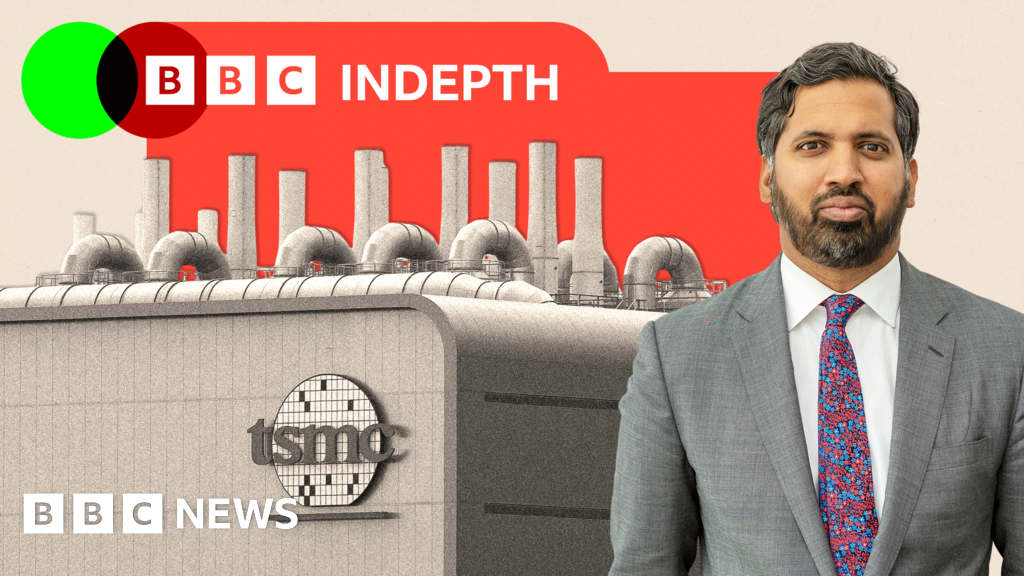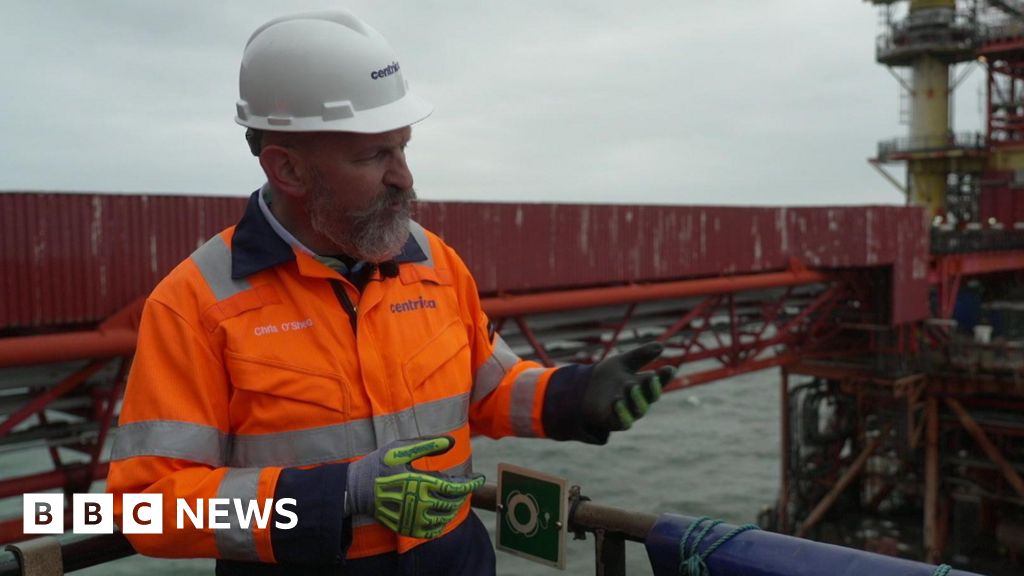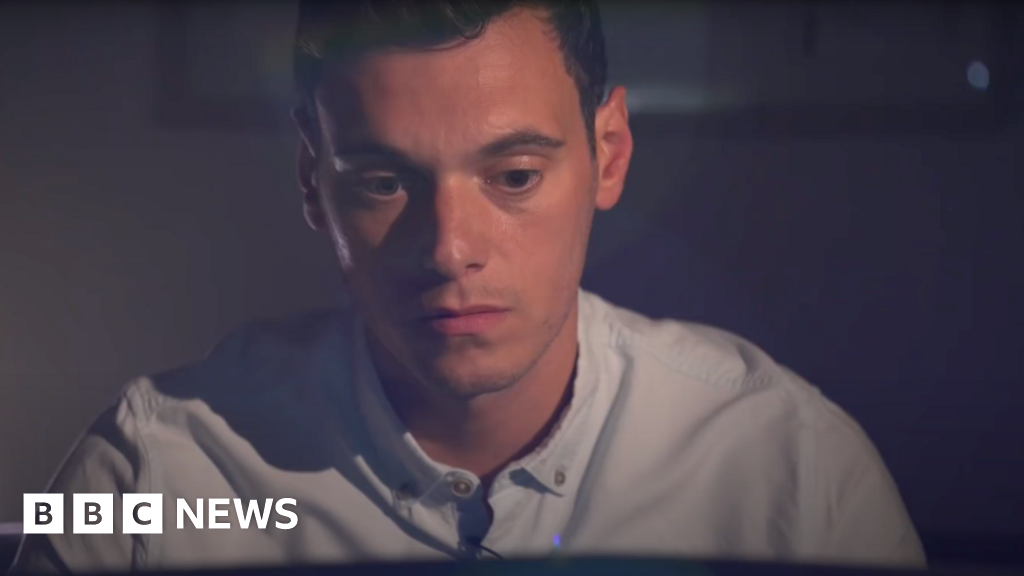ARTICLE AD BOX
Image source, Getty Images
Interest rates have increased for the third time in four months as the Bank of England tries to calm the rise in the cost of living.
The rise to 0.75% from 0.5% comes as prices are climbing faster than pay, squeezing household finances.
It means interest rates are now at their highest level since March 2020, when the Covid pandemic began.
Energy bills and food costs are increasing and there is concern the war in Ukraine will push prices up further.
Inflation, the rate at which prices rise, is currently at 5.5%, well above the Bank of England's 2% target. The Bank expects inflation to reach 8%, and possibly higher, in coming months.
The Bank's policymakers cited rising prices and strong employment as the reasons for the latest rise.
The members of the Monetary Policy Committee (MPC) felt that "given the current tightness of the labour market, continuing signs of robust domestic cost and price pressures, and the risk that those pressures will persist," an interest rate rise was justified.
The MPC voted by a majority of 8-1 for the measure, with deputy Bank governor Jon Cunliffe the only member to vote for keeping rates unchanged. He said this was because of the impact of rapid price rises on household incomes.
The committee said that more interest rate rises "might be appropriate in coming months, but there were risks on both sides of that judgement depending on how medium-term prospects evolved."
The invasion of Ukraine was likely to push prices up even faster than the Bank expected at its last meeting in February, it said.
"The economy had recently been subject to a succession of very large shocks. Russia's invasion of Ukraine was another such shock," it wrote.
Mortgage costs
About two million households will see an immediate increase in their mortgage payments as a result of the rise in rates, according to UK Finance.
The increase will add about £26 a month to the cost of a typical tracker mortgage, and £16 to the cost of a typical standard variable rate mortgage.
The Bank said that higher global prices for energy and other goods were responsible for the faster rise in inflation than the MPC predicted at its last rate-setting meeting.
However, it expects inflation to "fall back materially" once prices stop rising and the impact of inflation on household incomes starts to bite.

 3 years ago
39
3 years ago
39








 English (US) ·
English (US) ·